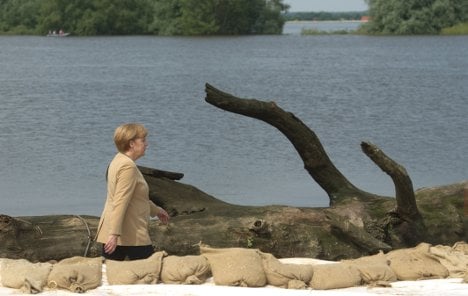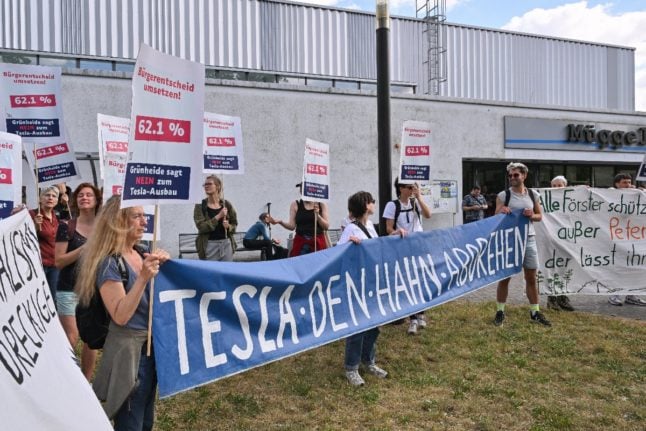The move was decided when Chancellor Angela Merkel met the premiers of Germany’s 16 states to discuss the disaster’s impact. State premiere of Thuringia Christine Lieberknecht confirmed that €8 billion seemed realistic.
No official figure has yet been given for the cost of the damage in Germany from the floods which also deluged other central European countries, leaving at least 19 people dead.
After the “worst-of-the-century” floods in 2002, a €6.5-billion fund was set up.
Last week, Merkel already pledged immediate aid of €100 million.
Reiner Haseloff, premier of eastern Saxony-Anhalt state, which has been hit by the flooding, suggested in the Mitteldeusche Zeitung a temporary increase of a tax levied on all personal income and businesses to help reconstruct former East Germany.
Water levels continued to slowly fall in northern Germany on Thursday and dykes were holding, including in Lauenburg in Schleswig-Holstein and Hitzacker in Lower Saxony, both of which were visited by Merkel on Wednesday.
DPA/AFP/mry/jcw




 Please whitelist us to continue reading.
Please whitelist us to continue reading.
Member comments